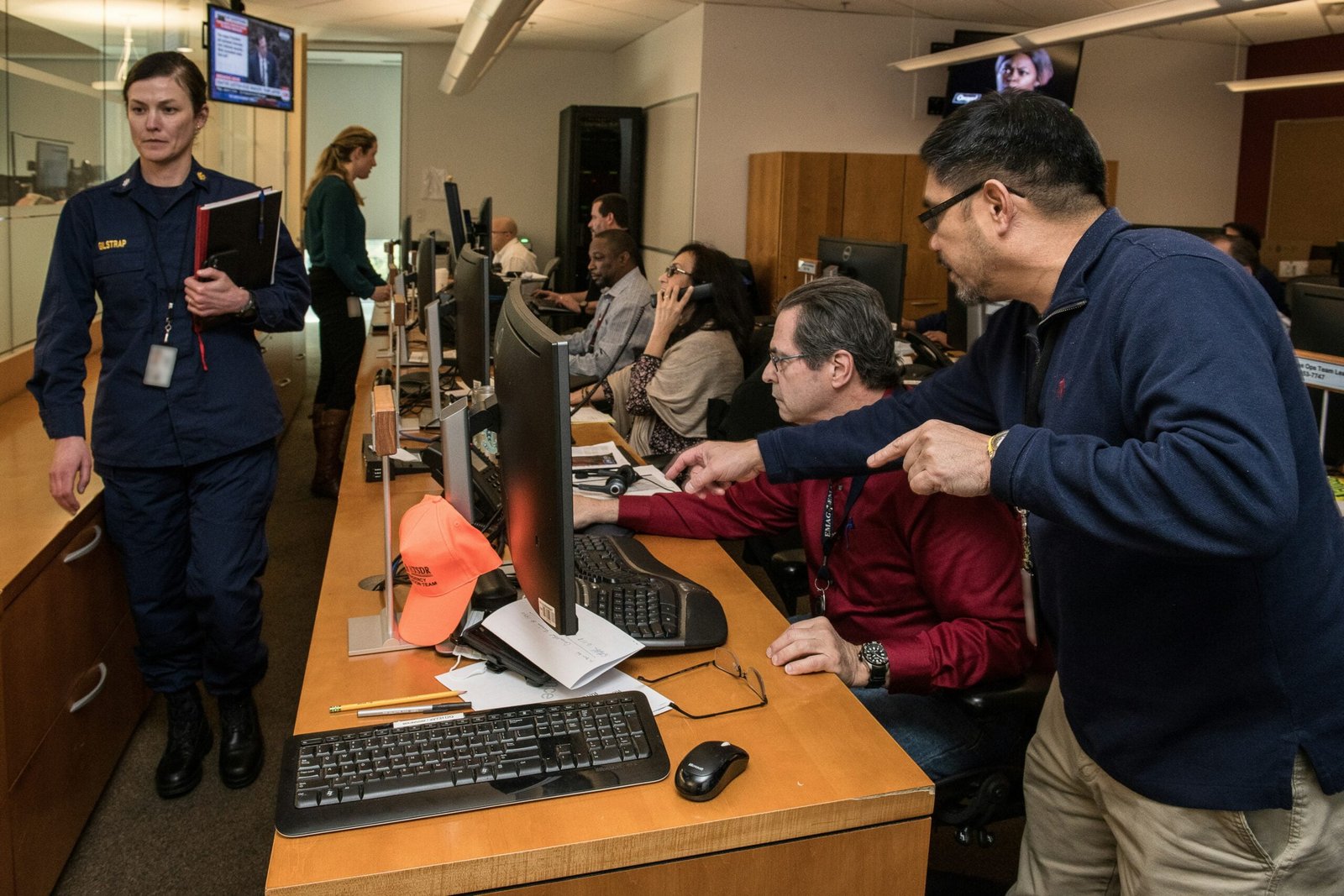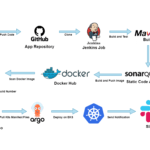Understanding the Importance of Incident Response in SRE
In the realm of Site Reliability Engineering (SRE), incident response is a fundamental aspect that ensures the resilience and stability of systems. Incident response encompasses the procedures and practices employed to address and resolve unplanned interruptions or degradation of services. Given that SRE is inherently focused on the reliability and availability of services, the capacity to manage incidents effectively is paramount.
Effective incident response is crucial for several reasons. Primarily, it significantly impacts system reliability. Swift and efficient resolution of incidents minimizes downtime, ensuring that services remain available to users. This, in turn, enhances user experience, as frequent or prolonged outages can lead to frustration and a loss of trust in the service. Additionally, seamless incident management is vital for business continuity. Unresolved or poorly handled incidents can result in considerable financial losses and damage to the company’s reputation.
Common incidents in the SRE landscape range from hardware failures and software bugs to network outages and security breaches. For instance, a server crash can lead to a complete service outage, while a minor software bug might cause performance degradation. Mishandling such incidents can exacerbate their impact. For example, failing to address a security breach promptly could result in data loss or unauthorized access, exposing the company to legal and financial repercussions.
Successful incident response necessitates a combination of core skills and knowledge areas. Monitoring is essential for early detection of anomalies and potential issues. Troubleshooting skills enable SREs to diagnose problems quickly and accurately. Effective communication is vital during incident management, as it ensures that all stakeholders are informed and coordinated. Post-incident analysis, or a “postmortem,” is equally important, as it involves reviewing the incident to understand its root cause and implementing measures to prevent recurrence.
In conclusion, mastering incident response is indispensable for SREs. It not only safeguards system reliability and user satisfaction but also fortifies business continuity. Developing expertise in monitoring, troubleshooting, communication, and post-incident analysis is key to excelling in this critical component of SRE roles.
Types of Incident Response Questions in SRE Interviews
When preparing for Site Reliability Engineering (SRE) interviews, it is crucial to understand the types of incident response questions you might encounter. These questions are typically categorized into scenario-based questions, technical troubleshooting questions, behavioral questions, and questions related to tools and processes. Each category aims to evaluate different aspects of a candidate’s skills and abilities.
Scenario-based questions focus on how candidates would handle specific incidents. For example, an interviewer might ask, “What would you do if you encountered a sudden spike in latency on a critical service?” These questions assess a candidate’s ability to think on their feet and devise effective response strategies under pressure. Interviewers look for clear, structured approaches, emphasizing quick identification of the problem, communication, and resolution steps.
Technical troubleshooting questions are designed to gauge a candidate’s technical expertise and problem-solving skills. An example might be, “How would you approach debugging a failing deployment?” Here, interviewers are interested in the candidate’s knowledge of debugging tools, methodologies, and their systematic approach to isolating and resolving issues. Candidates should demonstrate a thorough understanding of the technical underpinnings and articulate their thought process clearly.
Behavioral questions explore a candidate’s past experiences and how they handled specific situations. A typical question could be, “Can you describe a time when you had to manage an incident under high pressure?” These questions help interviewers assess a candidate’s ability to stay calm, communicate effectively, and collaborate with teams during stressful situations. Responses should highlight specific examples, focusing on the actions taken and the outcomes achieved.
Questions related to tools and processes evaluate a candidate’s familiarity with industry-standard tools and incident management practices. For instance, “Which monitoring tools have you used, and how do they aid in incident detection and response?” Interviewers look for candidates who not only have experience with these tools but also understand their role in the broader incident response lifecycle. Detailed knowledge of automation, monitoring, and alerting processes is crucial.
These diverse types of incident response questions are designed to provide a comprehensive assessment of a candidate’s readiness for an SRE role. They test technical skills, problem-solving abilities, and the capacity to handle high-pressure situations, ensuring that candidates are well-prepared to maintain system reliability and performance.
Strategies for Answering Incident Response Questions
Answering incident response questions effectively in Site Reliability Engineering (SRE) interviews requires a blend of structured thinking, clear communication, and technical prowess. When tackling scenario-based questions, it is crucial to articulate your thought process systematically. Start by clearly understanding the problem at hand. Break the scenario down into manageable components and address each part methodically. This approach not only demonstrates your analytical skills but also shows your ability to remain composed under pressure.
For technical troubleshooting questions, employing a systematic method such as the “divide and conquer” strategy can be highly beneficial. Begin by isolating the issue, ruling out potential causes step-by-step, and using logical deduction to narrow down the root cause. Moreover, leveraging your past experiences can provide practical insights. Describe similar situations you’ve encountered, the challenges faced, and how you resolved them. This not only showcases your problem-solving skills but also your hands-on experience with incident response.
Behavioral questions often aim to assess your soft skills and how you handle real-world situations. The STAR (Situation, Task, Action, Result) method is an effective framework for structuring your answers. Start by describing the Situation you were in, the Task you needed to accomplish, the Actions you took, and the Results of those actions. This method ensures your answers are comprehensive and compelling, highlighting your capabilities and achievements.
Additionally, demonstrating familiarity with relevant tools and processes is imperative. Mention your experience with incident management platforms such as PagerDuty, Opsgenie, or ServiceNow, and how you’ve utilized monitoring systems like Prometheus, Grafana, or Nagios to detect and diagnose issues. Knowledge of these tools reflects your practical experience and readiness to handle real-time incidents effectively.
In summary, mastering incident response questions in SRE interviews demands a balanced approach, combining structured problem-solving, clear communication, and a deep understanding of relevant tools and processes. By following these strategies, you can present yourself as a well-rounded and competent candidate.
Preparing for Incident Response Questions: Best Practices
Mastering incident response questions in Site Reliability Engineering (SRE) interviews requires a strategic approach to preparation. One of the primary steps candidates should take is to study common incident response frameworks and best practices. Frameworks such as the Information Technology Infrastructure Library (ITIL) and guidelines from the National Institute of Standards and Technology (NIST) provide comprehensive insights into structured incident management processes. Familiarizing oneself with these frameworks helps in understanding standardized procedures for incident detection, response, and recovery.
An effective way to prepare is to engage in mock scenarios that simulate real-world incidents. Practicing these scenarios allows candidates to develop a structured thought process and enhances their ability to respond calmly and efficiently under pressure. Conducting post-mortem analyses of actual incidents can also be incredibly beneficial. By examining what went wrong and understanding the steps taken to mitigate the impact, candidates can gain valuable lessons and insights that can be applied in future situations.
Hands-on experience is another crucial element in preparing for incident response questions. Participating in on-call rotations offers real-time exposure to incident management and helps build practical skills. Incident simulations, whether conducted individually or as part of a team, can also provide critical experience in handling emergencies. Additionally, working with monitoring and alerting tools such as Nagios, Prometheus, and Grafana can enhance a candidate’s ability to detect and respond to incidents swiftly.
To deepen their knowledge and stay updated on the latest trends and techniques, candidates should utilize a variety of resources. Books like “Site Reliability Engineering: How Google Runs Production Systems” and “The Phoenix Project” offer valuable insights into incident management. Online courses, such as those offered by Coursera and Udemy, provide structured learning paths and practical exercises. Engaging with online communities and forums, including Reddit’s r/SRE and Stack Overflow, can also be beneficial for exchanging knowledge and staying abreast of new developments in the field.



